#GMC
Bark's Bites: Let's Play TTAC Fantasy Garage!
All across America, every Sunday (and Monday…and Thursday, I guess), men and women glue their eyes to television screens to watch the National Football League’s latest public relations gaffe teams and players duel on the gridiron. However, the popularity of these games often has nothing to do with the teams playing or the cities/states they represent.
It’s all about Fantasy Football, man! That’s right, people who’ve never played or coached a single down of competitive football in their lives can live vicariously through the players that they picked for their weekly lineups. In fact, people often are faced with the dilemma of rooting against their favorite teams so that they can get fantasy points.
So what if we could take the game that is responsible for the highest rated show on television and make it all about what we care about—cars? Of COURSE we can!
GM Already Adding Third Shift At Mid-Size Truck Plant
GM’s new mid-size pickup trucks aren’t even on sale yet, but the auto maker is already preparing to add a third shift at its Wentzville, Missouri assembly plant, which will result in 750 additional jobs.
GM Mid-Size Twins Best Similarly Equipped Full-Size Pickups In Fuel Economy
As full-size pickups do their best to eke out as much fuel economy as possible, the upcoming Chevrolet Colorado and GMC Canyon are set to deliver a combined 21 mpg once they leave the lot for the road.
Piston Slap: Less Slap, More (oil) Control
Pete writes:
Hey Sajeev, I got one for you.
Several engines nowadays are set up to operate on half their cylinders under light-load conditions. Would the design considerations for piston rings vary from those normally used for such cylinders that are only used part-time? The question arises in the context of a 2009 V6 Accord that is currently in the Honda dealer’s shop to have the piston rings replaced at the manufacturer’s expense to cure a continual oil consumption and spark plug fouling problem.
General Motors Prepares To Enter Diesel Car, Light-Duty Pickup Games
General Motors has few diesel-powered wares at the moment, but with the U.S. diesel market expected to hit 10 percent of the overall market by 2020, GM wants as much as it can get.
GM: Colorado, Canyon Aimed At Small Crossover, Pickup Shoppers
General Motors’ upcoming midsize truck twins — the Chevrolet Colorado and GMC Canyon — look to do more than attract those seeking a smaller pickup by also seeking out small crossover consumers.
General Motors Bumps Up Next Pickups, Will Feature Aluminum Panels, Downsized Engines
General Motors is advancing the launch of their next-generation pickups by 9 months, with the next-generation trucks due by 2018.
General Motors Issues Six Recalls For 720,000 Vehicles
Wednesday, General Motors issued six recalls for a total of around 720,000 vehicles, all assembled within the last five years.
GM Builds Their Last 1500 Series Van
GM built their last 1500 series van at the Wentzville, Missouri assembly plant this past week. GM claims that the vans will die to make room for the all new Chevrolet Colorado and GMC Canyon trucks at the Wentzville plant, but that’s not the full story.
Piston Slap: The Last Afghani Trail to Blaze
UNCLASSIFIED
I am currently at Bagram Airfield in Afghanistan where I will often find myself motoring around the Forward Operating Base (FOB) in one of the last generation Chevy Trailblazers. It is the straight six variety and it has undoubtedly led a difficult life. My requirements are few however…pretty much I need something that can do 25 miles an hour or so and not strand me on the other side of the airfield. As a bonus, the Trailblazer has a working AC and radio. What it doesn’t have is the ability to do 25 or so miles an hour regularly and get me back from the other side of the airfield.
Review: 2015 GMC Yukon SLT
Until a decade or so, if you wanted a three-row SUV your choices were pretty much limited to body-on-frame offerings, most of which were related to a pickup truck. But now, even GM’s own GMT960s (Enclave, Acadia), provide similar amount of interior space to this Yukon. Furthermore, they are less expensive, more efficient, and easier to drive. It’s possible to argue that the biggest, if not the only, advantage of these body-on-frame V8-powered SUVs is their towing ability.
So why do GM, Ford, Nissan, and Toyota still bother with these dinosaurs?
GM Fleet Order Guide Reveals More On 2015 Colorado, Canyon Twins
Small pickup fans considering the 2015 Chevrolet Colorado or GMC Canyon may like what they see once they comb through General Motors’ Fleet Order Guide, including more power and other niceties.
CAFE Strikes Again As GM Kills Off 1500 Series Vans
GM is killing off their 1500-series Savanna and Express vans, due to slow sales and regulatory concerns.
Barclays: GM Recall Parade To Last Into Mid-Summer
Automotive News reports General Motors’ recall parade could, according to Barclays Capital analyst Brian Johnson, last well into the middle of the summer season. The data mining conducted by the automaker’s team of 60 safety investigators on 10 sources reporting potential problems — including consumer complaints and reports from its dealership network — will likely bring more recall requests before GM’s senior executives. Johnson adds that the investigators are working on likely defects on a per-issue basis instead of per-vehicle, which may mean a number of vehicles will be called back multiple times as the recall parade marches on; he also notes that its hard to discern if recalls of past vehicles have already peaked.
Endless GM Recall Parade Sign Of Industry-Wide Action To Come
Detroit Free Press posits the endless recall parade General Motors has been leading since late February 2014 may be doing more harm than good for public perception or its bottom line. Though spokesman Greg Martin claimed the recalls were an effort to make his employer “a first-class safety organization” by focusing hard upon the consumer, a survey by AutoTrader found 51 percent of auto consumers were less confident in the industry’s overall safety record as a result of the actions by GM, up from 44 percent who thought the same five days’ earlier. In addition, the automaker will take a $400 million charge in Q2 2014 for the recalls since April 1 as of this writing, while its current stock price of $33.07 per share is a few cents above its IPO price from November 2010.




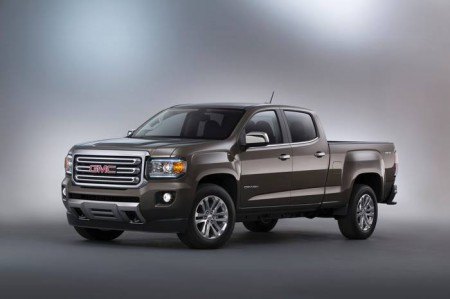
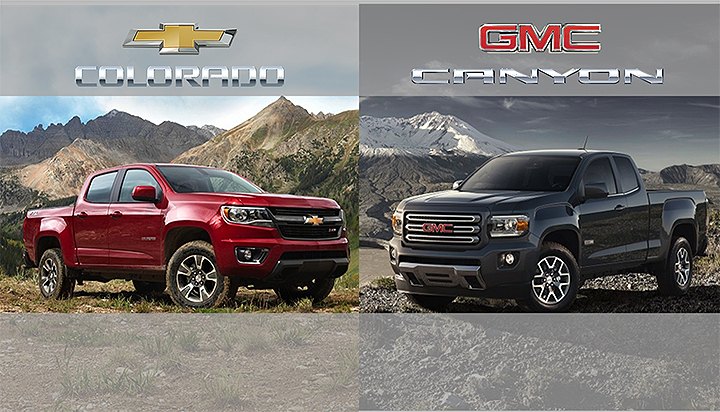

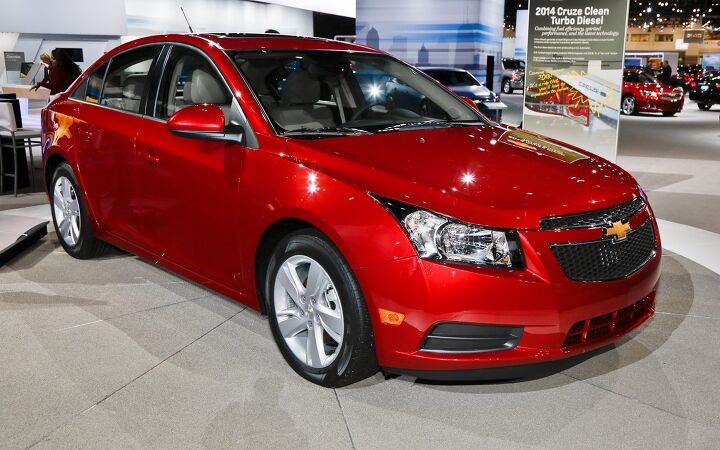
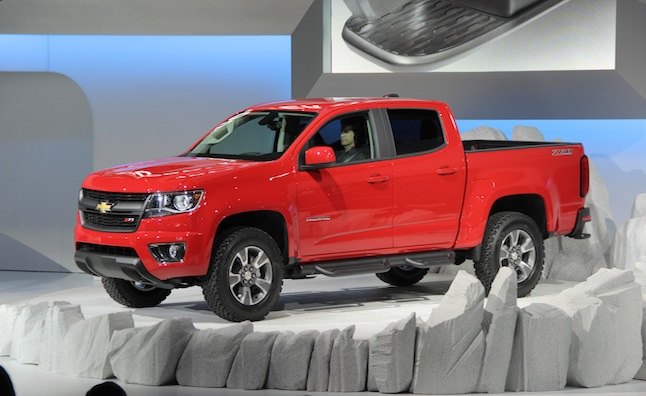


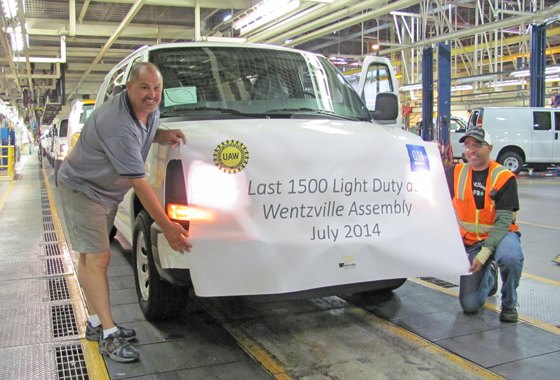

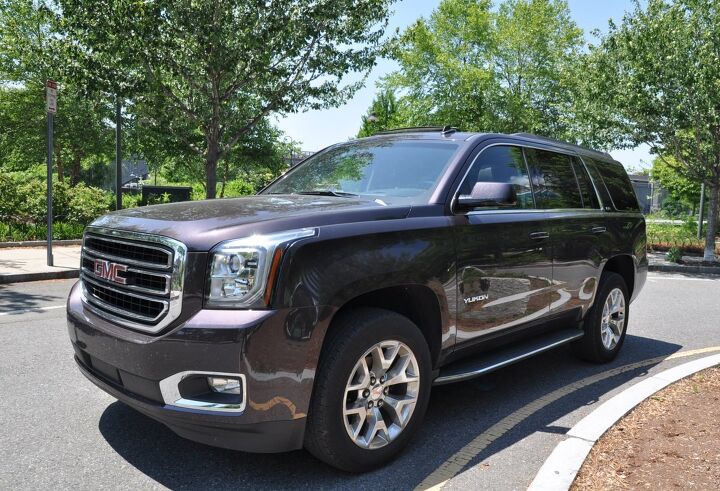
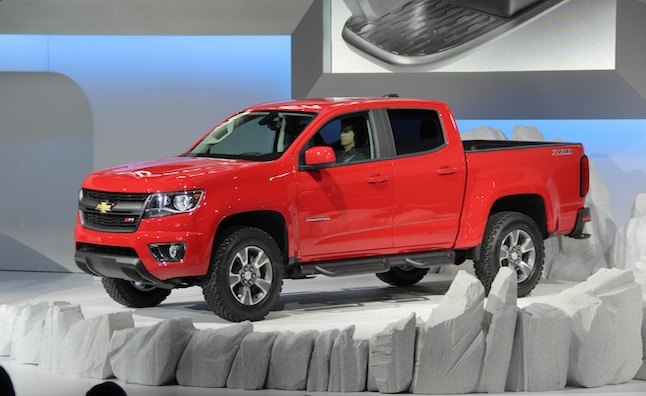
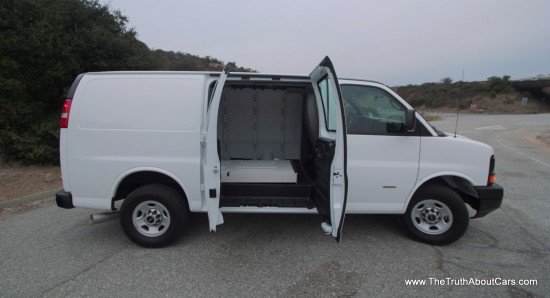














Recent Comments